Explainer video: How Pakistan’s fuel subsidy withdrawal hurt?
3 min readISLAMABAD: The government and the global lender IMF have agreed to curtail the fuel subsidy in order to kickstart Pakistan’s stalled loan programme, adding to people’s uncertainty as they struggle to cope with the impact on petrol, and diesel, gas and electricity prices.
The withdrawal of the petrol subsidy is expected to have an impact on food, fares, gas prices, and electricity. The withdrawal of a Rs5 per unit electricity will mean steeper monthly bills for households as most of our power generation plants are run on fuel.
Similarly, the price of naan, which now stands at around Rs12 to Rs15, is expected to go up by Rs5 with the increase in gas prices.
Transport fares, which were already Rs5 to Rs10 higher after an increase in petrol prices in January, will go up too.
In addition to this, it would also impact vegetable prices. As per many vegetable sellers, the cost of transporting goods from the Sabzi Mandi (Vegetable market) at Super Highoway on the ourskirts of the city to local market would increase, resulting in ensuing increase in vegetable prices.
“Pakistan and the IMF have agreed that prompt action is needed to reverse the unfunded subsidies which have slowed discussions for the 7th review,” IMF Mission Chief for Pakistan Nathan Porter said in a statement after meetings with Finance Minister Miftah Ismail.
According to business experts, the government after reaching an agreement with the IMF would first look at the international oil market, which slumped to about two-week lows on Monday. They say that the reason for this would be to set a price that has been fluctuating due to the disruption in the supply chain after the Covid-19 pandemic and the Ukraine-Russia war.
Brent crude was down $4.63, or 4.3%, to $102.02 a barrel by 0913 GMT and touched $101.94 earlier in the session, the lowest since April 12, Reuters reported. US West Texas Intermediate crude fell $4.11, or 4%, to $97.96.
Next week, the government would announce whether to directly cut the subsidy or withdraw it in stages.
Earlier, Aaj News while citing business experts reported that the petrol price could shoot to Rs227 per litre after once the government subsidy was withdrawn. The current subsidy amounts to Rs15-20 along with the addition of 17% general sales tax that will increase fuel price by Rs27 along with inclusion of petroleum levy. However, the decision to set the petrol price after withdrawal of subsidy lies with the government.
It is expected that the diesel price - currently at Rs144.15 - would increase by Rs52 per litre.
Amidst the ongoing uncertainty, economist Najam Ali was of the view that the subsidy would be withdrawn after a further decrease in the per barrel price of oil.
“I have always said there is no shortage of physical oil. Prices have escalated due to speculation in the derivatives market. Influence of speculation on the price of physical oil is a complex process,” he said in a tweet.
Economic expert Prof Dr Talat Anwar lauded the recent development of IMF agreeing to add $2 billion to the ongoing loan programme.
“Pakistan has to continue the IMF programme for its loan and balance of payments. However, you know nothing is free in this world and there are some conditions,” he said in a video statement.
Hussain added that the IMF has asked the country to remove the petrol and electricity subsidies. He was of the view that such subsidies had caused a burden on the budget and created a budget deficit.
“Now it’s a challenge for this government. I think the petrol price will increase to Rs190/litre when the government will end this subsidy,” he said, adding that it would result in inflation.
He suggested the government cut its expenditures and impose some additional taxes to cover this deficit, which would be better for the government and provide relief to the public.
(WITH INPUT FROM AIMAN SYED IN ISLAMABAD AND NEWS DESK IN KARACHI)
For the latest news, follow us on Twitter @Aaj_Urdu. We are also on Facebook, Instagram and YouTube.
















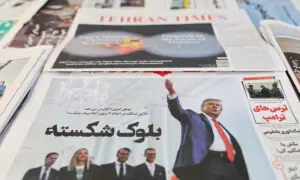
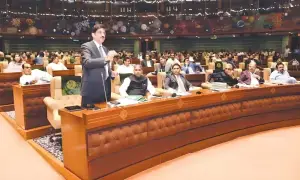

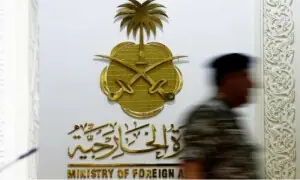
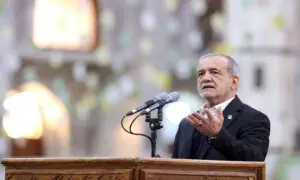

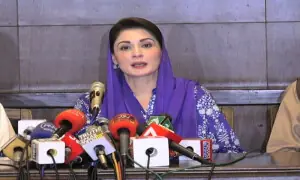
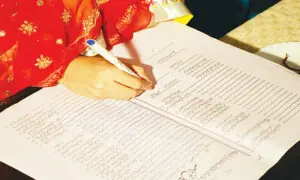
Comments are closed on this story.